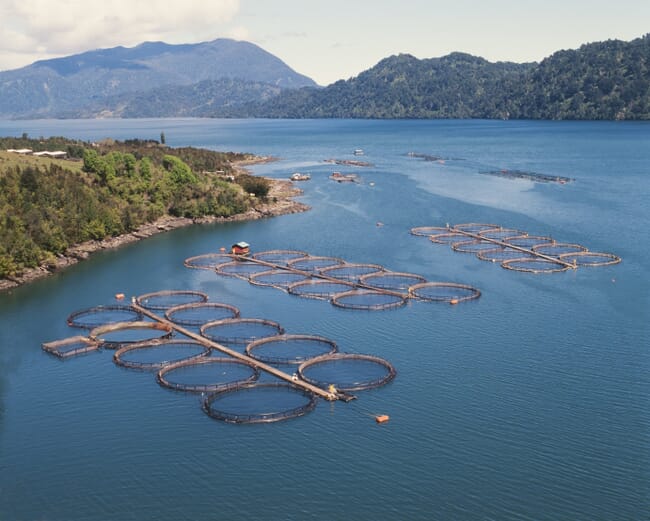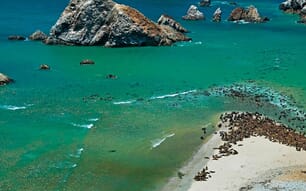
The tool offers a standardised framework for marine planning authorities and practitioners to adopt an ecosystem-based approach, and may present an important solution to challenges frequently encountered during marine development projects, including the expansion of the aquaculture industry.
"This tool enables a standardised assessment of plans, ensuring that they not only exist on paper but that they are implemented through measurable actions that allow for adaptive management. The tool helps to evaluate whether environmental, social, economic and governance aspects and participatory processes have been properly considered, proposing specific actions for the continuous improvement of marine space management," explained Ibon Galparsoro, AZTI researcher and coordinator of the study, in a press release.
The effectiveness of the Ecosystem-Based Marine Spatial Planning Assessment Tool has already been validated through its application in evaluating the marine spatial plans of the cross-border area of the Bay of Biscay, with the results recently published in the prestigious Communications Earth & Environment journal. The study suggested that such an advanced approach to marine management may be crucial for maintaining a balance between economic development, human well-being, and the protection of marine biodiversity.
During the study, several aspects for improvement were identified; among others, in Spain, the need to align environmental, social, and sectorial objectives, and to improve participatory processes, enhancing the representativeness of society and minority sectors in decision-making. In France, the need to identify different options for sharing marine space and priority conservation areas and to establish mechanisms for the integration of new data and knowledge prior to the six-year review of the plan has been identified. In both plans, the need to consider the effects of climate change on the socio-ecological system and its impact on industries such as aquaculture was noted, as well as that of improving the governance structure and existing knowledge of ecosystem processes.
"This tool is an invaluable resource for policy-making, research, and the management of marine space as it provides a standardised framework that facilitates the evaluation and continuous improvement of marine management plans," Galparsoro concluded.




